Modelling in materials and manufacturing engineering – heat transfer and diffusion

Overall Course Objectives
The overall objective of the course is to give the students an understanding and knowledge of numerical and analytical modelling of materials and manufacturing engineering with special focus on casting and heat treatment. The students will learn about basic modeling methods for the calculation of temperature and concentration profiles as a result of thermal and mass diffusion. This is achieved by programming the numerical methods themselves. An overall theme of the course is the modeling of the processes by both analytical and numerical methods and the comparison between these methods as a mean to evaluate the validity of the numerical methods.
The applied methods are of general nature and can be applied for analysis of numerous processes within the materials and manufacturing industry.
Learning Objectives
- Explain the basic nature of temperature and concentration profiles as a result of thermal and mass diffusion
- Understand the heat conduction equation as well as Fick’s second law in 1D
- Apply numerical as well as analytical methods to calculate temperatures and concentrations in general
- Apply numerical as well as analytical methods to calculate temperatures and concentrations in casting and heat treatment in particular
- Use Matlab to solve partial differential equations
- Use Matlab to solve the heat conduction equation and Fick’s second law
- Evaluate the validity of numerical methods by comparison with relevant analytical solutions
- Assess the possibilities of solving diffusive problems with analytical and numerical methods
Course Content
Lectures:
Numerical methods for simulation of thermal processing of materials including casting and heat treatment. The finite volume and finite difference methods. Fourier’s law. Thermal resistance. Numerical solution of the heat conduction equation. Explicit and implicit algorithms. Stability analyses. Crank-Nicholson’s method. Analytical solutions to the heat conduction equation. The Riemann temperature. Algorithms for release of latent heat. Chvorinov’s rule. Fick’s 1st law. Diffusive resistance. Numerical solution of Fick’s second law. Analytical solutions for diffusion during surface hardening and homogenization.
Computer exercises:
Setting up and programming algorithms for simulation of casting and heat treatment
Programming environment: Matlab
Recommended prerequisites
Knowledge of basic process technology 42201/42911/41704/41784. Knowledge of materials technology corresponding to 41659. Knowledge of mathematics corresponding to 01035 (possibly in parallel)
N.B.: For students who do not have experience in Matlab programming, a crash-course of one afternoon in basic Matlab will be given prior to the course.
Teaching Method
Lectures and exercises



